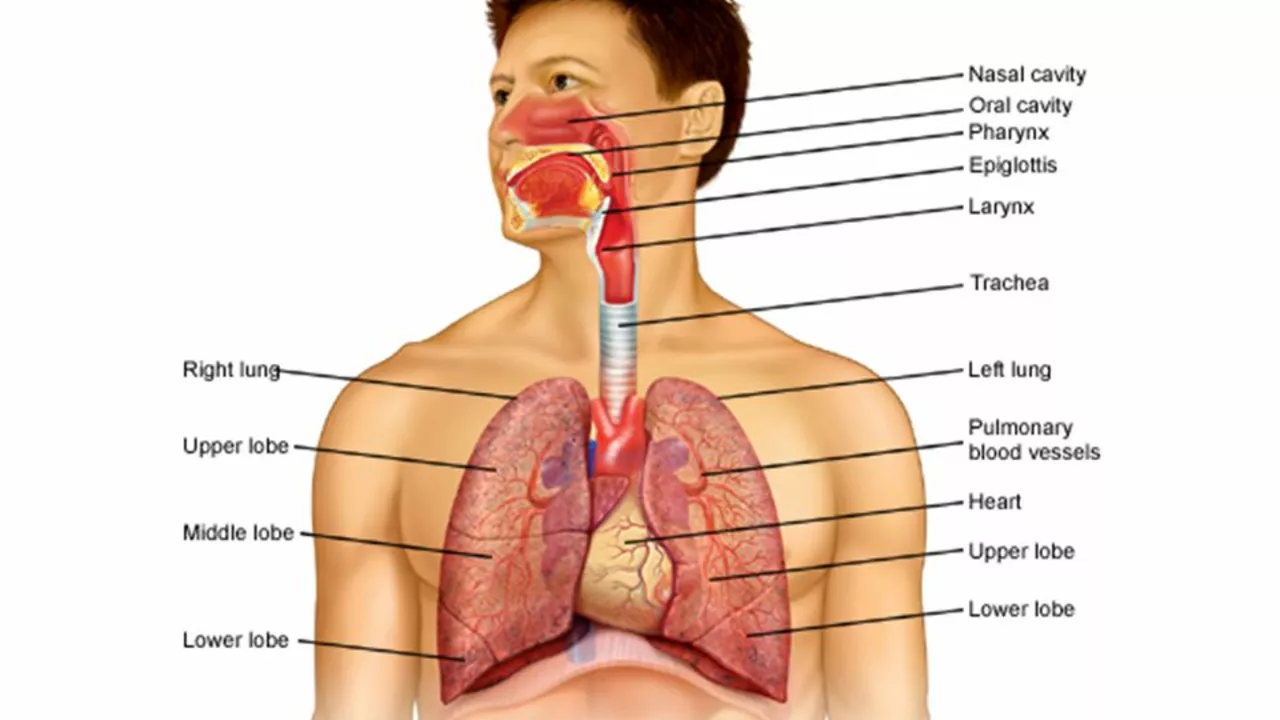Breathing Exercises: Simple Routines Anyone Can Use for Health & Calm
Ever wonder why you feel better after taking a slow, deep breath? Breathing exercises aren’t just about taking in air — they help you stress less, clear your mind, and even improve your overall health. You don’t need special tools or yoga skills. Just a few minutes a day can change the way your body and mind handle pressure.
Most people barely think about their breathing. Short, shallow breaths are common, especially if you’re anxious or facing a busy day. The problem? This keeps you stuck in a stressed state. By making your breathing slower and deeper on purpose, you shift your body into “rest” mode. That’s why athletes, high-performers, and people managing chronic conditions all practice mindful breathing. It just works.
The best part: almost anyone can find a method that feels natural. One of the favorites is the 4-7-8 technique. You inhale through your nose for 4 seconds, hold it for 7, and exhale slowly for 8 seconds. Within just a few cycles, your shoulders drop and your mind quiets down. Another crowd-pleaser is box breathing: in for 4, hold 4, out for 4, hold 4. Think of it as a reset button, whether you're sitting at your desk or winding down after a hectic commute.
If you’re breathing for lung health, try something basic like diaphragmatic breathing. Place your hand on your belly and feel it push out when you breathe in. This draws in more oxygen, helps your lungs expand, and even massages your organs (seriously!). You might notice you cough less, feel clearer, or handle workouts a bit easier over time.
Struggling with sleep or pesky daily stress? Breathing techniques come to the rescue here, too. Rituals like alternate nostril breathing (close one nostril, breathe in, close the other, breathe out) help lull your body into sleep mode. A few minutes before bed can help you nod off quicker—no pills or fancy gadgets needed.
What about when anxiety hits? Slow, structured breathing helps stop those racing thoughts or the feeling of panic. Breathing gives your mind something simple to focus on. It’s so effective, therapists and medical pros often recommend it as the first line of defense for stress, anxiety, and even high blood pressure.
The science backs it up. Hospitals have even started to use breathing exercises for patients with heart conditions or asthma. Regular practice can help lower blood pressure, make lungs stronger, and boost recovery after illness. All without medication or side effects.
Breathing exercises are the ultimate zero-cost habit. You can do them while watching TV, before a big meeting, right before sleep, or during a midday slump. Just remember: the more you practice, the faster your body responds. It’s a small investment for some real-life upgrades in calm, energy, and health.
The Benefits of Breathing Exercises for Chest Congestion
After exploring the benefits of breathing exercises for chest congestion, I've found that they're a natural and effective way to alleviate discomfort. These exercises can help loosen mucus, improve lung capacity, and enhance overall respiratory health. They are easy to perform and can be done anywhere, making them an accessible solution for many. Plus, they're a holistic approach to health that can provide relief without side effects. Bottom line, if you're dealing with chest congestion, breathing exercises could be a great addition to your routine.
